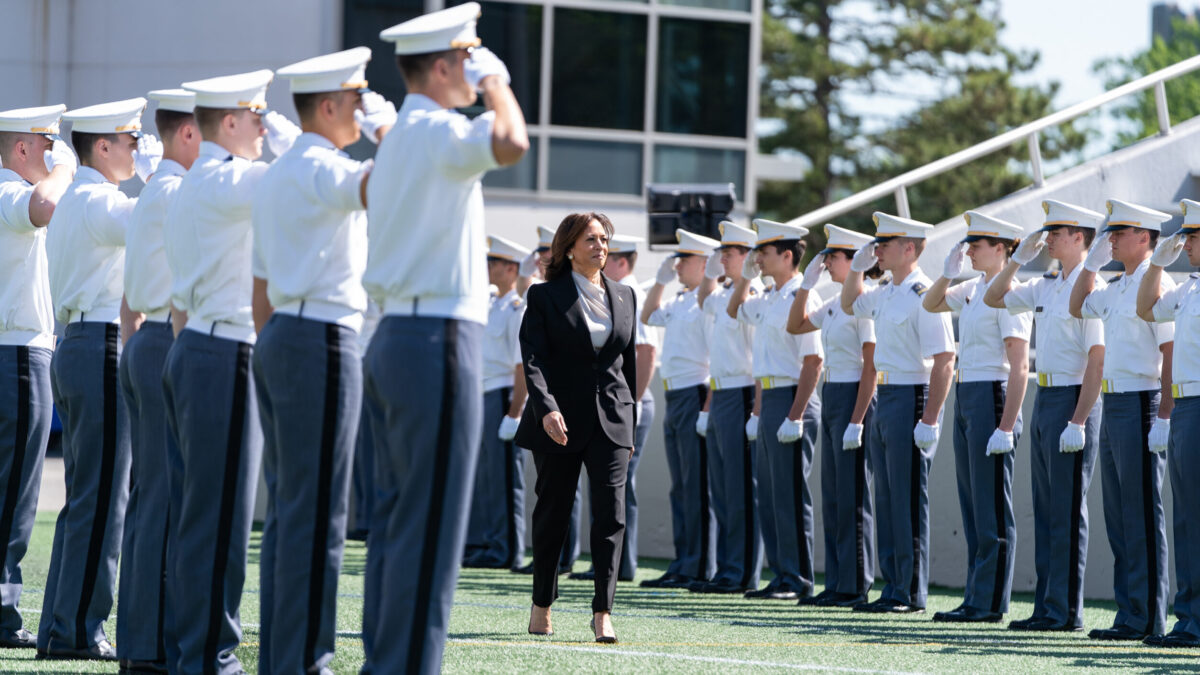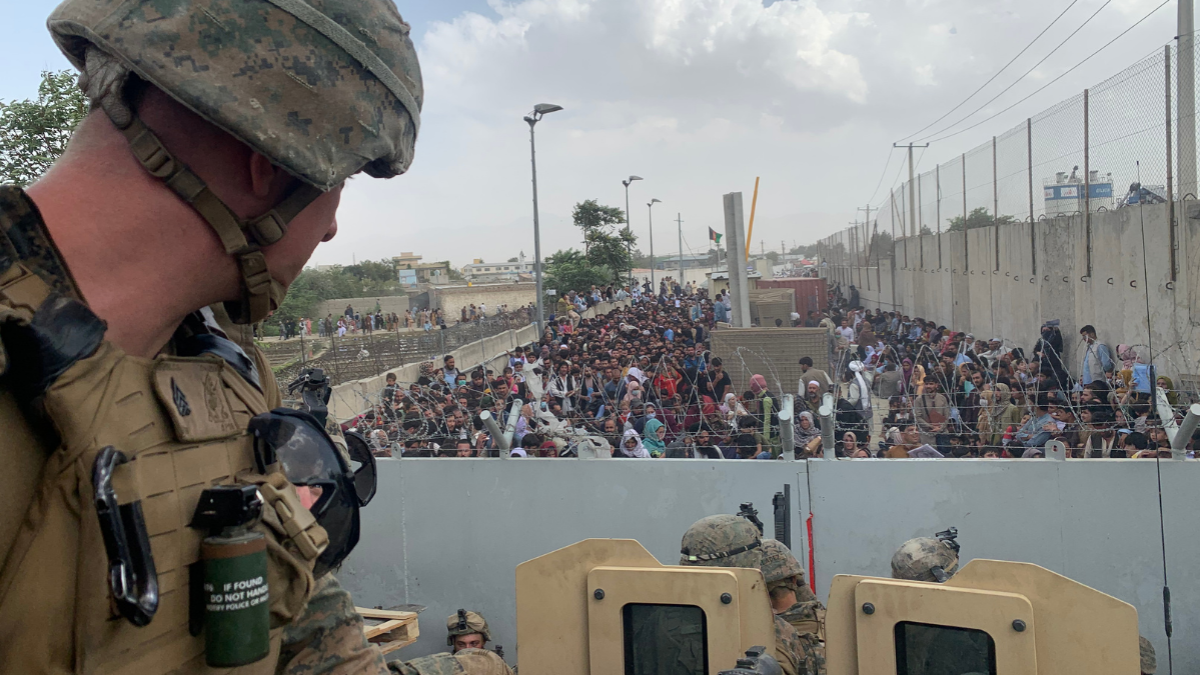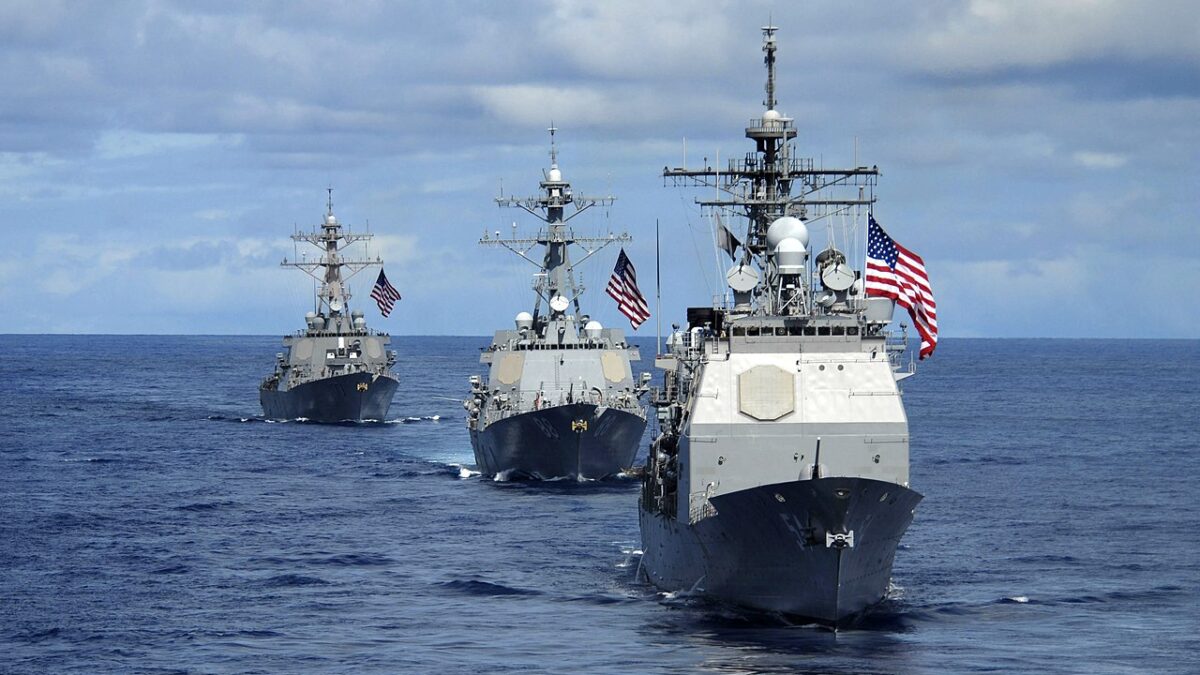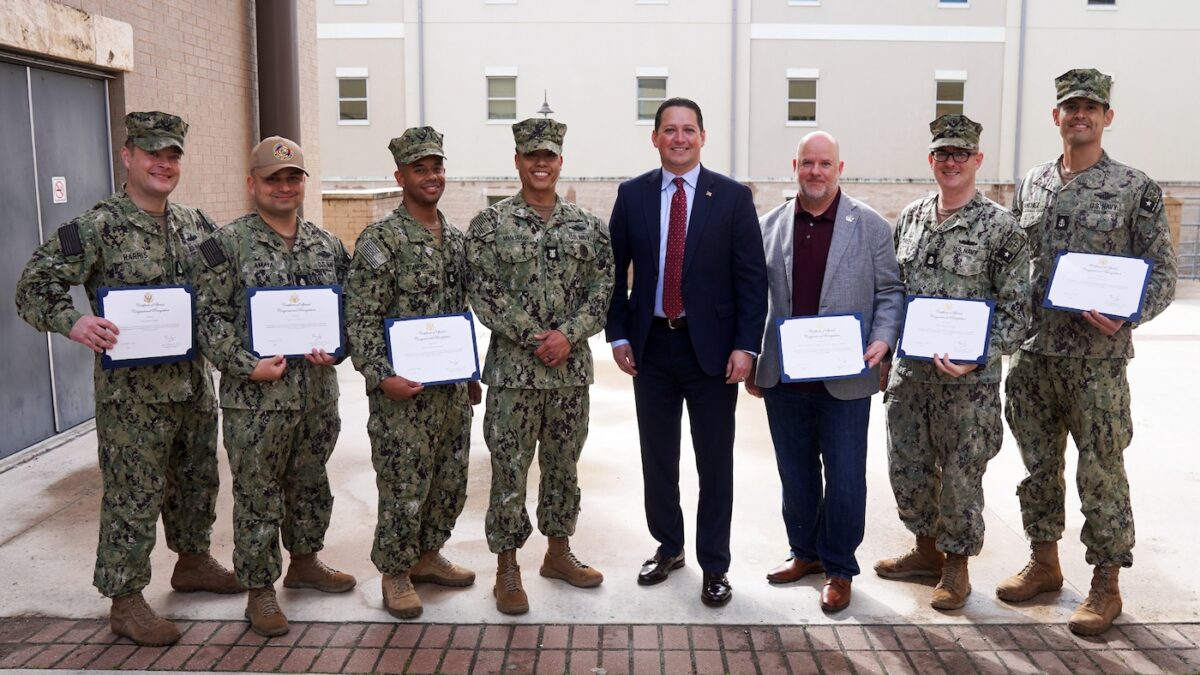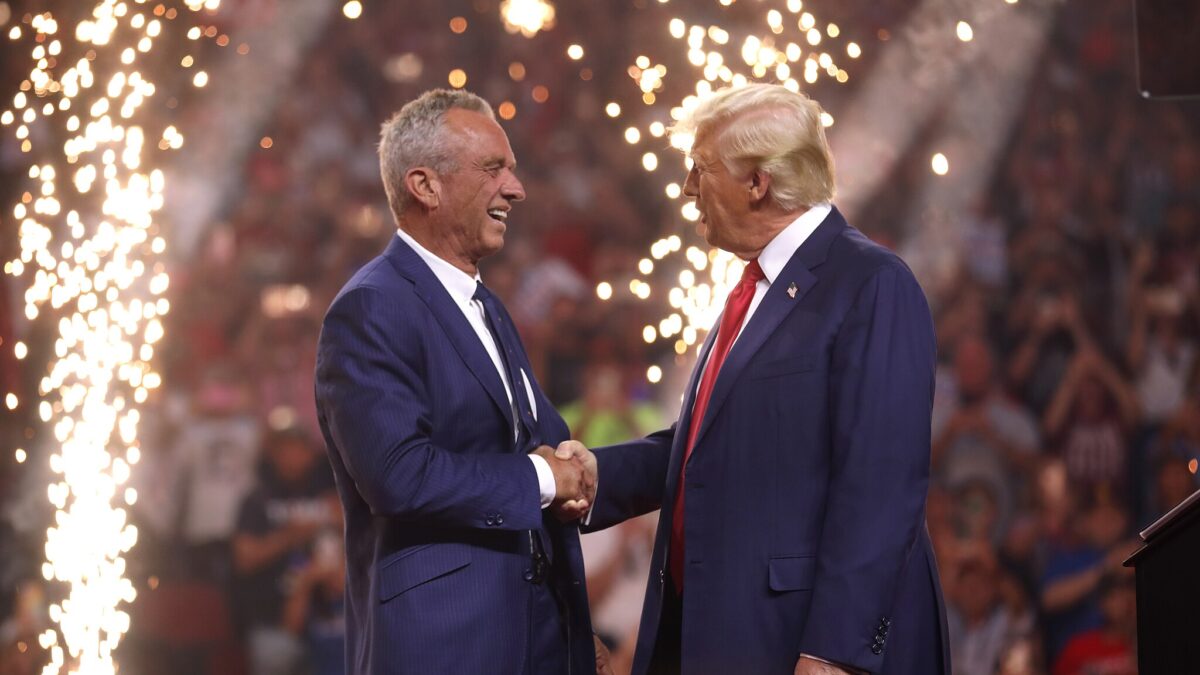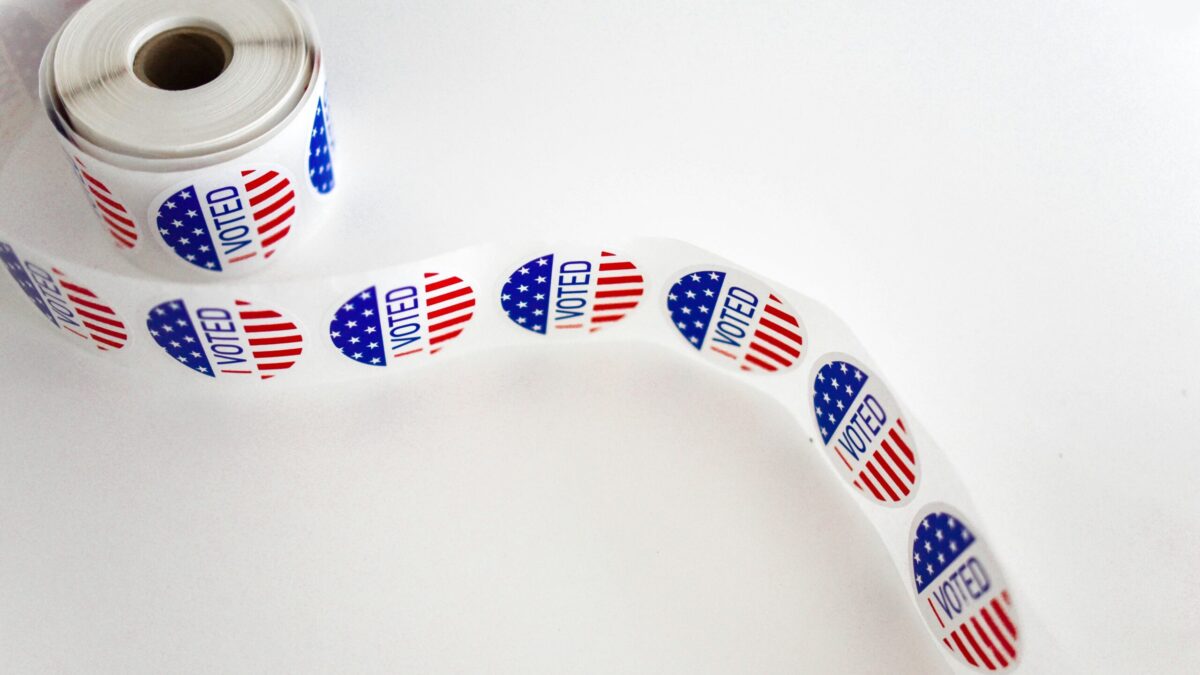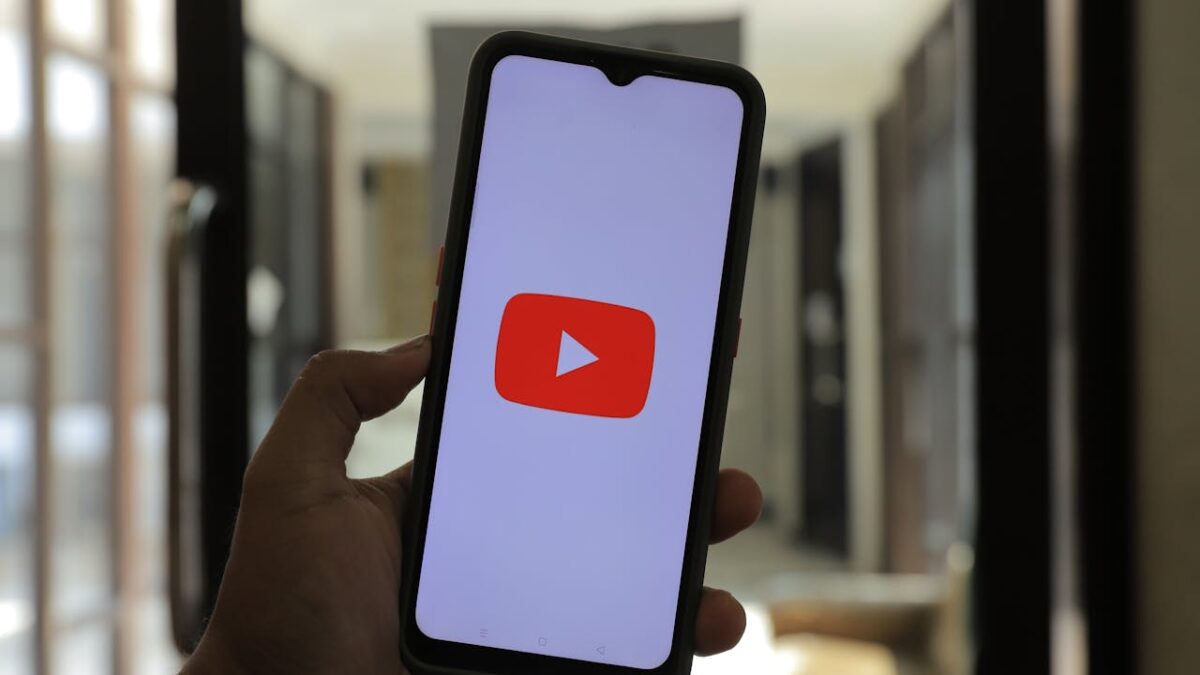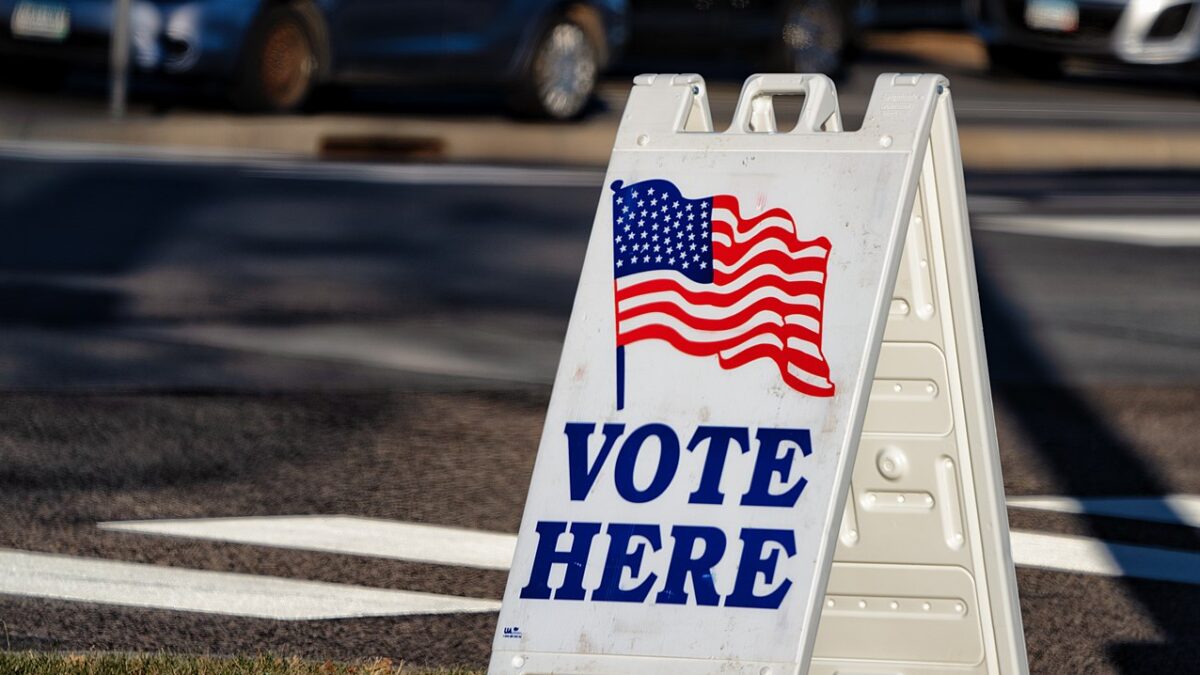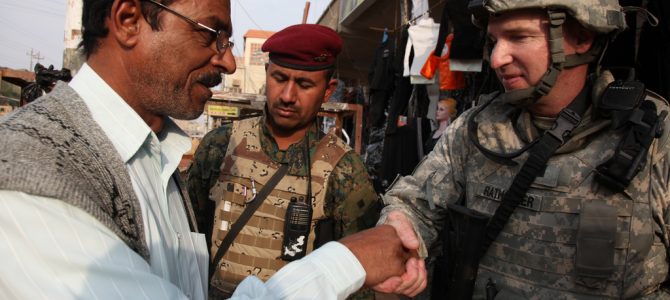
I am a Marine Corps veteran who lives on the upper west side in Manhattan. I have lived in California, New Mexico, Arizona, Virginia, and Hawaii. So I have resided in both deep blue and deep red districts, among a wide array of diverse populations spanning the socioeconomic and ideological spectrum.
My background has elucidated to me just how pronounced cultural balkanization in the United States is. As various sociologists have commented, from Charles Murray in “Coming Apart” to Bill Bishop in “The Big Sort,” we seem to understand much less about each other with each passing generation.
It’s my humble opinion that New Yorkers, generally among our most highly educated, paradoxically understand among the least. The bubble that surrounds Manhattan is indeed thickest. I never really considered how dire the consequences of this phenomenon could be until our most recent presidential election.
When Rudeness Becomes a Cultural Mandate
Leading up to the election, like most New Yorkers, I heard the full gamut of epithets for Trump voters mentioned in casual conversation. It was a sort of social norm that tethered to mentioning Trump voters was an obligation to insult them. Following the election, this attitude metastasized into the commonly accepted wisdom that perhaps imposing an “epistocracy” or a “knowledge-based” voting system was in order, which of course harkens back to the African-American suffrage-destroying literary tests of the 1960s.
The irony of “progressives” agitating for a racist, retrograde measure to circumvent the more difficult process of truly understanding why Trump won was never mentioned. The ugliest, dehumanizing impulses revealed themselves. One presidential election had rendered reverence for democracy an anachronistic blockade impeding the arc bending toward justice. “The saboteurs of progress arrived at the gates, and they must be banished!” seemed to be the orthodoxy.
But it wasn’t just liberals. I heard many of the same sentiments from conservatives. Both cohorts in Manhattan attend our nation’s most elite schools, and hence climb to the tops of our most cherished public and private institutions. The handful of veterans I know in New York, conservative and liberal alike, they never spoke such words. They found much of Trump’s rhetoric troubling, but importantly drew a distinction between Trump and his electorate.
Why Understand When I Already Know
Then it also became starkly obvious to me why the media could not comprehend the wholly legitimate cultural and economic anxieties that many good, decent people outside our wealthy enclaves are feeling. It is because the media, by and large, is comprised of a similar demographic as those I interact with in Manhattan: diverse in most every one of humanity’s permutations minus ideology. Homogeneity pervades their worldview, unperturbed by any actual Trump voters, whom they know only tangentially.
The vast majority of New Yorkers gain their exposure to Trump voters from prestige magazines and newspapers that publish one of three pieces: anthropologic-sounding “studies” of their motives, bemused condescension masquerading as deep insight, or unhinged screeds bled through with naked antipathy. New Yorkers dutifully post these pieces to their social media accounts, crib the talking points, and recite them proudly at cocktail parties—liberals and conservatives alike.
They ascribe the worst motives to nearly half the electorate, impugning their morals instead of seeking to understand the very real and rational reasons that prompted them to elevate a populist to the White House. But to truly understand is to know, and they know few if any Trump voters. So they go on caricaturing the “Trumpians” as luddites instead of carefully considering a paradigm that might conflict with their own.
Where Ideology Breaks Down Into Love
My time in the Marine Corps taught me much, including embedding within me a love for my fellow Americans. No matter race, ideology, creed, or sexual orientation, my fellow infantrymen had sworn to defend and protect the United States.
It is a common misconception that the military is uniformly white, conservative, and poor. In fact, the military’s racial demographic roughly resembles that of America at large, and the education attainment levels are higher. Certainly more Republicans serve, but there are proportionally far more liberals in the military than conservatives in Manhattan. I knew plenty of liberal Marines, and I loved them as brothers in arms no different than I did the conservatives, whose ideology matched my own more.
Ideology was meaningless. All that mattered was the title of United States Marine. Every veteran knows exactly what I mean. I suspect that many New Yorkers would struggle to comprehend such a concept because of our culture’s balkanization. Having served, I know my fair share of Trump voters. Contra to the commonly accepted Manhattan wisdom, they were compelled by a number of factors.
That said, many polls found that the single strongest predictor of a Trump voter was this: the degree to which you believed Washington DC represents your interests. It seems that Trump voters sensed what I know to be true: much of our country’s elite, presumably whose worldview largely aligns with those who reside in New York, does not understand great, wide swaths of our country. You cannot represent what you do not understand.
Patriotism Brings Americans Together
Observing the willingness to sacrifice one’s life for a fellow American, regardless of identity, is a profound and poignant thing that inculcates an immeasurable appreciation for patriotism. In New York, patriotism is too often scoffed at as a jingoistic relic better left behind in favor of a more enlightened globalist ethos. After serving in the Marine Corps, I don’t see it that way.
Patriotism binds us together. Of course, we should work to distinguish between a pernicious nationalism that can lead to damaging isolationist attitudes and an admirable patriotism that compels us to benevolence and bravery. Many in New York dismiss Trump as a nationalist, which, given his rhetoric, I understand. But the underlying philosophy that colors the comment troubles me, that any form of nationalism is categorically bad.
Man is tribal. It is not a natural thing for humanity spanning the spectrum of race and creed to bond together as one nation. We should thus cultivate the patriotism which acts as a bulwark against man’s inherent tribalistic nature to turn on his fellows. Indeed, our nation seems to be turning more on each other each day. Living in New York City, observing the contempt the “ruling class” has for huge chunks of the country, one cannot help but contemplate the consequences for our nation’s future.
It is a timeless truth that familiarity fosters empathy, and for many Americans now populating our most prestigious institutions, the common American is an abstraction to be considered from afar but not loved and appreciated. That is a shame, and it is something that veteran leadership can help to rectify.
Veterans are charged every day with coalescing around common causes under the most dire of circumstances with folks unlike them in ways both seen and unseen. This breeds an appreciation for the beauty of both our uniqueness and what binds us. Only about 20 percent of our current members of Congress are veterans. In 1971 this number was approximately 73 percent. There are myriad reasons for the partisan gridlock that has plagued us recently, but I suggest we consider this statistic one of the strongest contributing factors.
Some non-veterans certainly recognize this, such as Emily Cherniack, who started the nonpartisan New Politics to facilitate veteran political leadership. This is not to suggest that military veterans are the sole panacea, but that one of our primary solutions should be promoting veterans to positions of influence in order to ameliorate the cultural fragmentation that too often makes adversaries of those who think different. Living in New York, I worry for our country’s ability to elevate future leaders who, instead of dehumanizing dissent, seek to bridge our divides. To lead is to empathize, and to empathize is to understand.


